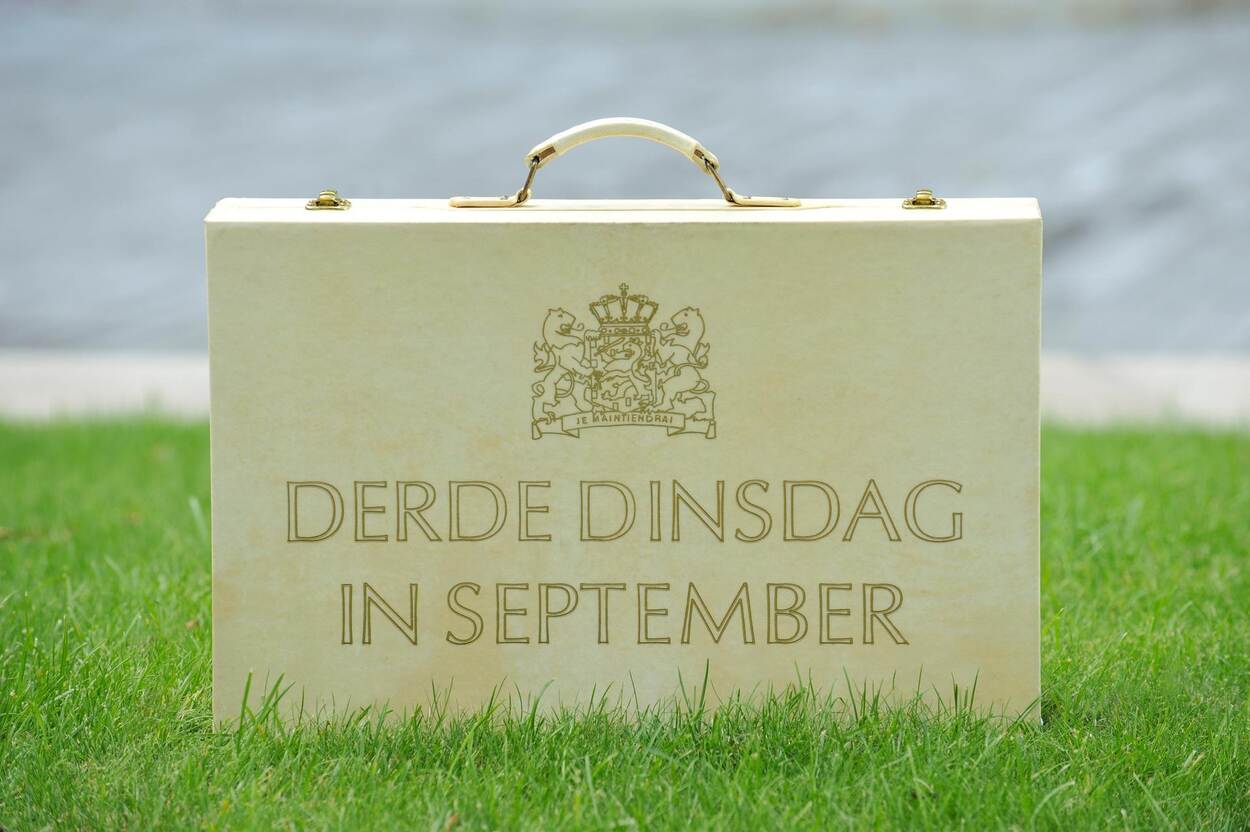
News Update Tax
Bill for a conditional dividend withholding tax on exit for large companies
7 December 2020
7 December 2020
On 10 July 2020, an opposition member of parliament in the Netherlands submitted a bill aimed at imposing a (conditional) dividend withholding tax (“DWT”) when a taxpayer enters into a cross-border reorganisation of its headquarters (the “Bill”).
The Bill aims to discourage and prevent multinationals from moving their global headquarters from the Netherlands to other jurisdictions. Given the threshold of a net turnover of EUR 750 million, the Bill only affects large multinational corporations. At the same time, the Bill introduces anti-abuse provisions for the step-up in basis for dividend withholding tax purposes for taxpayers relocating their headquarters to the Netherlands. If adopted, the Bill will have retroactive effect from 10 July 2020.Scope and main aspects of the Bill - Exit tax
Current legislative frameworkUnder the current law, DWT is due at the moment of the actual dividend distribution. This implies that taxpayers relocating to another jurisdiction through a corporate reorganisation in principle do not have to withhold DWT on unrealised profits that are attributable to the period of residence in the Netherlands. This is different for Dutch corporate income tax purposes, as assets and liabilities are valued at fair market value upon exit. Any gain is subject to corporate income tax, unless an exemption - such as the participation exemption - applies. This DWT 'gap' has historically been subject to debate and the recent announcement by Unilever that is was moving its headquarters from the Netherlands to the United Kingdom ultimately triggered the Bill.
Taxable event
Under the Bill the following events (“Reorganization(s)”) trigger a deemed dividend distribution (“Deemed Distribution”), subject to the DWT:
- Cross-border transfer of the Dutch taxpayer’s place of effective management as a result of which the taxpayer is no longer considered a resident of the Netherlands for DWT or tax treaty purposes.
- Cross-border legal merger whereby the Dutch taxpayer merges with and into a foreign company.
- Cross-border demerger whereby the Dutch taxpayer demerges its assets and liabilities into a foreign company.
- Cross-border share-for-share transaction whereby a foreign company acquires at least 50% of the Dutch taxpayer's voting rights.
The Deemed Distribution is only taken into account if either (i) the foreign jurisdiction does not have a DWT that is comparable with the Netherlands, or (ii) the foreign jurisdiction does have such DWT, but provides for a step-up in basis to the fair market value of the assets and liabilities involved, resulting in a DWT exemption on the profits accumulated up to the Reorganisation. These jurisdictions are referred to as “Qualifying States”. DWT is not comparable with the Netherlands if it only applies to dividend distributions that are made to shareholders resident in certain low tax or blacklisted countries.
Tax base and Tax rate
The conditional DWT is due on the taxpayer’s profits, the amount of which is based on a specific concept in Dutch tax law, 'real profits' (zuivere winst). The calculation seems straightforward, but may prove difficult in practice as no real transactions take place. For listed companies, the tax base may be calculated by taking the difference between the taxpayer’s share price immediately before completion of the Reorganisation and the recognised paid-in capital for Dutch DWT purposes.
The DWT tax rate in the Netherlands is 15%. This rate may be partially or fully reduced under domestic law or an applicable tax treaty.
Payment of the conditional DWT
The taxpayer is, in principle, obliged to withhold the DWT for the Deemed Distribution and subsequently pay any withheld amounts to the tax authorities in the Netherlands. However, the taxpayer may request a protective assessment (conserverende aanslag), in which case the tax liability is calculated and confirmed by the Dutch tax authorities, but no actual payment is required. The taxpayer will only be obliged to (partially) pay the DWT if there is a taxable event for Dutch DWT purposes (e.g. a future dividend distribution). The assessment remains in place until the full amount of the conditional DWT has been paid. No interest is due during the duration of the protective assessment.
Retroactive effect
The Bill will have retroactive effect from 10 July 2020 (12:00 CEST). This is to avoid undesirable effects (i.e. tax planning) between the Bill’s announcement date and the moment it enters into force.
STEP UP IN BASE FOR COMPANIES MOVING TO THE NETHERLANDS
The Bill allows foreign taxpayers to recognise a step-up in base for Dutch DWT purposes if this foreign taxpayer relocates its place of effective management (and hence its tax residency for DWT and corporate income tax purposes) to the Netherlands, unless this relocation is predominantly aimed at avoiding or deferring taxation. Because of this proposed step-up in base, the future distribution of profits already existing prior to the relocation to the Netherlands will, in principle, not be subject to DWT in the Netherlands.Incorporation fiction
Finally, the Bill includes measures aimed at enhancing the preservation of Dutch taxing rights and combatting tax abuse. A company that has been tax resident in the Netherlands for at least two years will be deemed to remain a tax resident of the Netherlands for DWT and corporate income tax purposes for a period of ten years, following their 'migration' out of the Netherlands.OTHER CONSIDERATIONS AND NEXT LEGISLATIVE STEPS
The Bill is currently being fiercely debated in tax literature as well as in the wider public and political domain. One issue is that the Bill possibly violates EU law and tax treaty law, and it may also conflict with certain fundamental principles of Dutch domestic law. The Bill’s retroactive effect is considered controversial and the impact of this is unclear (also from a practical perspective) and subject to ongoing debate. Finally, the Bill may lead to double taxation as some jurisdictions may not provide shareholders a credit for the conditional DWT.From a legislative perspective, the Bill is currently being assessed by the Council of State (Raad van State) - which is an advisory body - and is scheduled for parliamentary debate in September. It is unclear how much support the Bill currently has amongst the various members of parliament, in particular the ruling parties. The timing of any further legislative steps is unclear.
We will closely monitor the legislative procedure and keep you updated on any further developments in our Tax Blogs.
Written by:




